
In March, Vietnam’s Ministry of Industry and Trade (MOIT) submitted its draft Power Development Plan VIII for 2021-2030 to the Prime Minister for consideration and approval.
According to the document, the mix of natural gas in power generation sources is expected to rise from 14.9% in 2020 to 26% in 2045 and will significantly replace coal. An estimated US$180 billion will be needed over the next decade to meet the expansion targets for gas and renewables generation facilities, along with LNG gas terminals.
As with many developing countries, the likely desirable investment model for LNG-to-power projects in Vietnam is a public-private partnership (PPP). Among the available PPP models in Vietnam, build-operate-transfer (BOT) is probably the most realistic considering the availability of an established legal framework for off-taking and state-sponsored contracts and precedent BOT projects.
Sponsors would want the power project to be owned by the BOT company under a BOT contract with the relevant state authority and the LNG infrastructure to be owned by a separate joint venture company, with the cost of LNG infrastructure to be passed through to the electricity tariff. Under current legislation, non-BOT power projects (except solar or wind) are generally ineligible for off-taking arrangements, and are instead required to sell on the “competitive electricity market,” which may raise an important bankability issue.
Against this background, Vietnam recently passed a PPP Law and an Investment Law, while issuing a new decree to implement the new PPP Law called Decree 35/2021/ND-CP (together, the “New Laws”). These took effect in early 2021. The changes are not fundamental but do include some features which may be material to new PPP power projects.
Special Corporate Income Tax Incentive
The most welcome change under the new investment law was the “special investment incentives” for certain types of preferential projects, which should cover LNG-to-power projects. In particular, the New Laws allow the Prime Minister to grant a new project the corporate income tax rate of 5% for up to 37.5 years as a “special investment incentive.” This is the lowest corporate income tax rate in Vietnam’s legislative history. If an LNG-to-power project commits to disburse at least VND10,000 billion (US$433 million) in capital within three years following the project’s in-principle approval, it may be eligible to be considered for this special investment incentive.
Investor Selection
Under the tendering laws, the selection of investor for a PPP project must be conducted via public tendering, except where only one eligible investor registers or in certain special national security cases.
The New Laws broaden the circumstances where other forms of investor selection may be permitted. “Competitive negotiation” is permitted where up to three eligible investors are invited or where the project applies high technology (under the laws on high technology) or new technology (under the laws on technology transfer). The New Laws also grant the Prime Minister the power to determine the investor selection on a “special-case basis.”
Capital Requirements
Equity capital ratio
The equity capital ratio requirement is simplified under the New Laws. These stipulate that an investor must contribute equity at least 15% of the total investment capital of a PPP project, excluding state capital contributions (if any).
Equity transfer
A transfer of equity in the PPP project company between existing shareholders is permitted – provided the lead investor retains at least 30%, and each other investor retains at least 15%. A transfer of equity to outsiders is permitted only after the construction is complete. A transfer of equity must also be subject to the approval of the counterparty state authority.
The New Laws raise a concern of whether these restrictions may adversely affect the right of lenders to enforce their security over the equity held by the sponsors in the project company if an event of default under the finance documents occurs prior to construction completion.
Apparently, this issue should be tackled in the BOT contract and GGU. It also highlights the preference to structure the “sponsor” as an offshore holding company so new or replacement equity participants can join the PPP project via a purchase of shares in the offshore holding company.
Government Guarantee And Undertaking
For BOT thermal power projects, the government has issued GGUs which primarily guaranteed 1) financial obligations of the MOIT under the BOT contract and of EVN (Vietnam’s national utility) under the PPA (power purchase agreement); and 2) the implementation of a foreign currency regime for the BOT project, including partial guarantee of availability of foreign currency for conversion.
The New Laws remove reference to the above important government guarantees for obligations of state-owned enterprises, such as obligations of EVN under the PPA.
The New Laws still allow the Prime Minister to decide on the foreign currency availability guarantee mechanism for a PPP project falling under the authority of investment in-principle approval of the National Assembly or the Prime Minister. However, the New Laws explicitly limit such guarantees to 30% of the revenues of the PPP project, minus its local currency expenditures.
Risk Sharing Regime
The New Laws introduce a “risk sharing regime” for PPP projects. Accordingly, if revenue exceeds the agreed financial plan by more than 25%, the project company will share half of the excess with the government subject to cost adjustments. On the other hand, if revenue falls by more than 25%, the government will share half of the shortfall with the project company subject to cost adjustments and satisfaction of certain conditions.
In the case of revenue decrease, the risk sharing regime applies only when the decrease is due to changes in the laws, policies or master plans and relevant measures are implemented (such as granting an extension of the project term or adjusting product prices) but the revenue still does not reach 75% of the agreed financial plan.
Governing Law And Dispute Resolution
For many years, a PPP contract involving foreign investors were governed by foreign laws. The New Laws now require the PPP contract and its auxiliary documents to be governed by Vietnamese law, except with respect to matters Vietnamese law does not regulate.
Nonetheless, the New Laws still recognise the contractual rights to agree on international arbitration for disputes between a Vietnamese state authority and a foreign investor or a project company formed by a foreign investor.
Financial Close
The New Laws require that a PPP power project achieves financial close within 18 months after the PPP contract is executed. If this is delayed, the project shall be dealt with in accordance with the conditions in the investor selection tender package.
PPP Contract Template
Under the New Laws, the MOIT will develop a PPP contract template for power projects in accordance with the guidance of major contents of PPP contracts provided in Annex 6 of Decree 35/2021/ND-CP.
This seems to be an effort to reduce the time required for negotiation of PPP contracts, speeding up the project implementation. Nonetheless, it is unclear how detailed the PPP contract template will be and what would be the extent of deviation permitted in negotiation. This may be a significant issue given that BOT contracts for power projects so far have been highly detailed and extensively negotiated.
The Future Of LNG-to-power Projects
The New Laws have triggered several material questions for PPP power projects. These include the absence of a government guarantee for EVN’s financial obligations under the PPA, the requirement to apply Vietnamese law as governing law, the restrictions on equity transfer prior to construction completion and the potential PPP contract template.
Nonetheless, until the government introduces a specific legal framework for non-PPP LNG-to-power projects (of which most important would be the framework for PPA off-taking, tariff and exemption from the requirement to participate in the “competitive electricity market”), BOT would probably still be the most desirable investment model.
Considering this, investors and the government should expedite the process to fine-tune the legal framework for BOT power projects to fit with the risk profile of the country’s new portfolio of LNG-to-power projects.
If you require advice on any of the issues raised in this briefing, please contact the authors below.
|
Duyen Ha Vo Duyen Ha Vo is a co-head of VILAF’s Energy |

Quynh Anh Le Quynh Anh Le is an associate at VILAF and
|
Vietnam International Law Firm (VILAF-Hong Duc)
Ho Chi Minh City Head Office / 4th Floor, MPlaza Saigon, 39 Le Duan Street, District 1, Ho Chi Minh City, Vietnam
*This article is the IHC Magazine’s off-shore update for April 2021 issue. Click here to read the full magazine




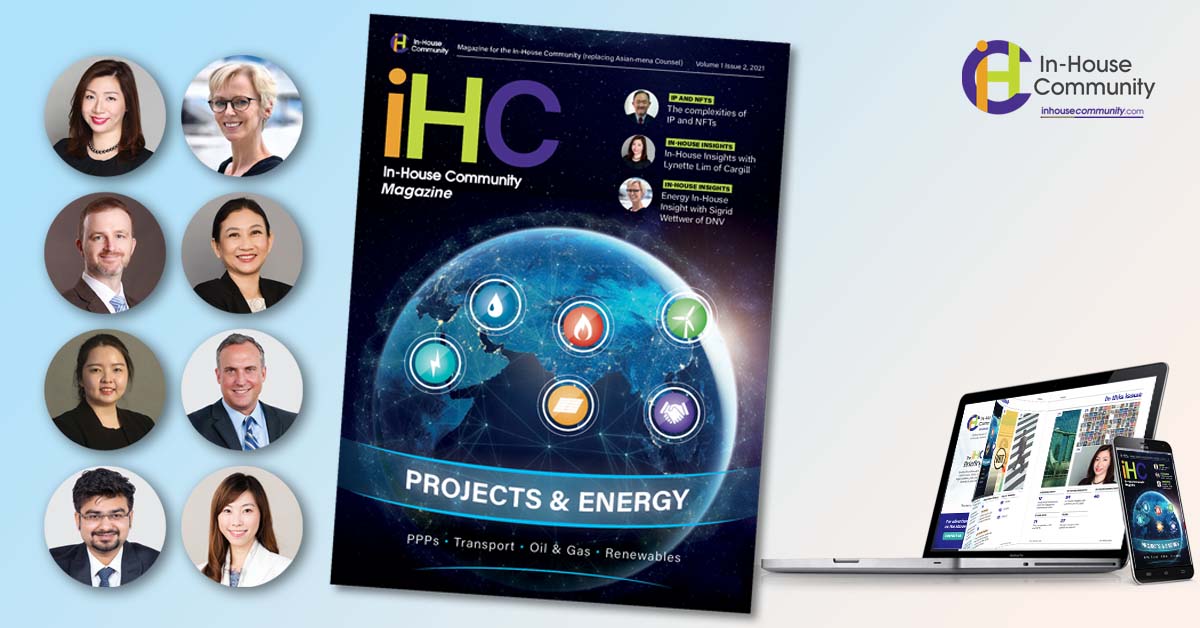

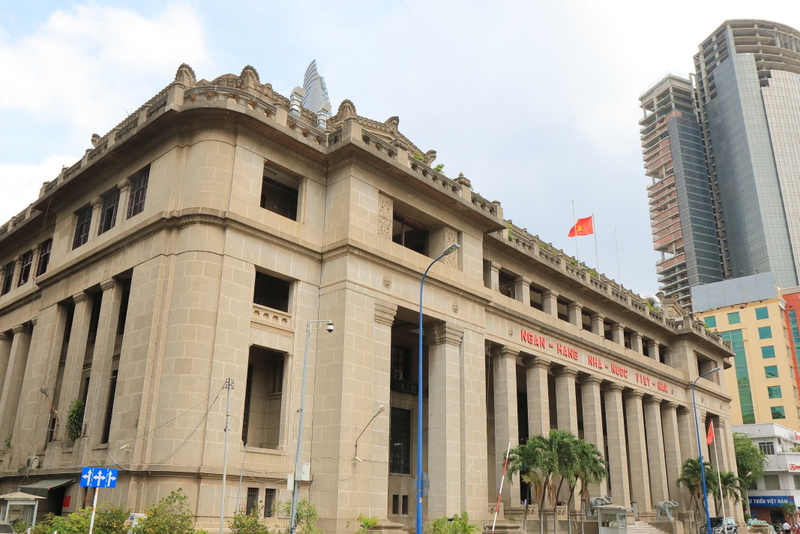
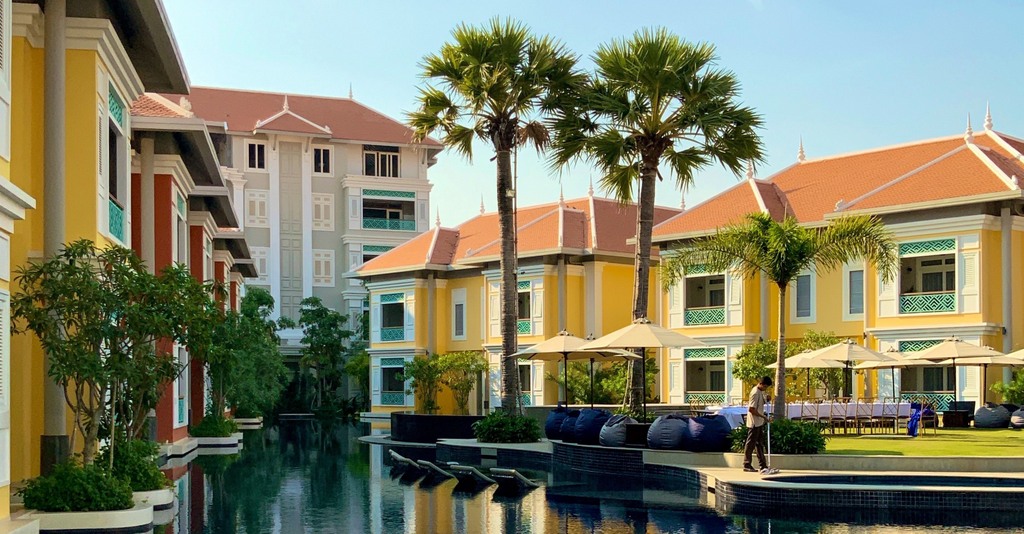
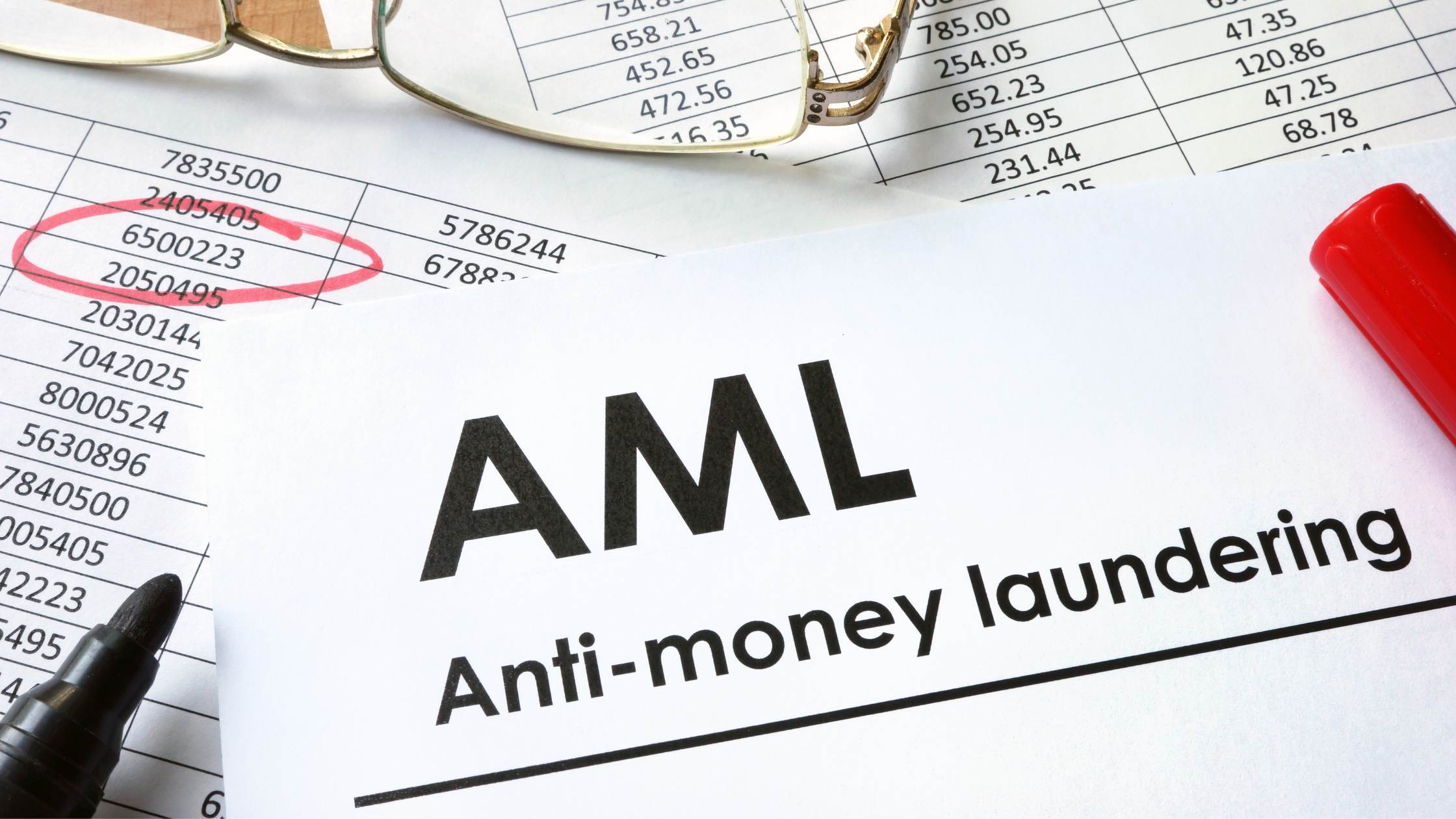





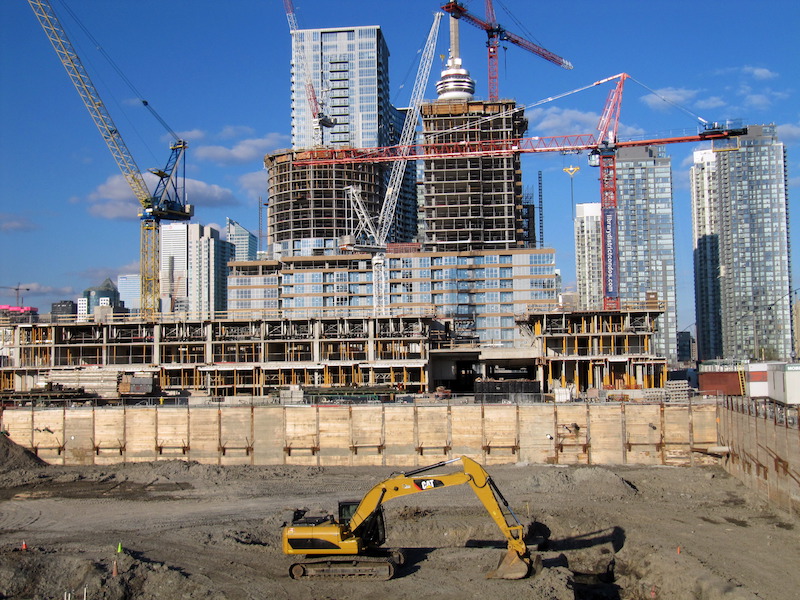





 Ngoc Anh Bui
Ngoc Anh Bui Tung Ngo
Tung Ngo Anh Dang
Anh Dang Phong Tran
Phong Tran Linh D. Nguyen
Linh D. Nguyen Quynh Pham
Quynh Pham Trung Vu
Trung Vu Hien Truc Nguyen
Hien Truc Nguyen Hung Q. Nguyen
Hung Q. Nguyen Hao Nguyen
Hao Nguyen Duyen Ha Vo
Duyen Ha Vo Hien Tran
Hien Tran Ha H. Luu
Ha H. Luu Ngoc Luong Trinh
Ngoc Luong Trinh







